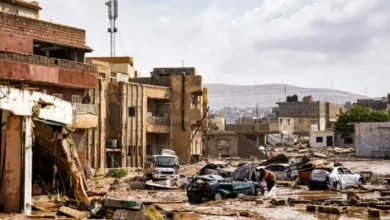Is it more expensive to get married in the summer or winter?

When planning a wedding, one of the major considerations is cost, which can vary significantly depending on the season.
Many couples wonder if it’s more expensive to get married in the summer or winter, and the answer largely depends on demand, venue availability, and other related factors.
Summer Weddings:
Summer is traditionally the peak wedding season, especially from June to August. This period is favored for its warm weather, extended daylight, and the convenience of vacation time for guests. However, these benefits come with a price tag.
- Venue Demand: Wedding venues tend to be in higher demand during the summer months, which drives up rental costs. Many couples compete for prime dates, and venues may charge a premium for these popular times.
- Outdoor Wedding Premium: Since outdoor weddings are more feasible in summer, venues that offer gardens, beaches, or other scenic spots may charge higher rates. Additionally, renting outdoor furniture, tents, and cooling equipment can increase costs.
- Vendor Availability: With so many couples booking summer weddings, vendors such as photographers, caterers, and florists also tend to raise their rates due to the busy season. You may have to book services far in advance to secure your preferred vendors, often at premium prices.
- Travel and Accommodation: The summer season is also peak travel time, which means hotel rates for out-of-town guests might be higher, along with airfare, especially if your wedding coincides with holiday weekends or popular vacation periods.
Winter Weddings:
On the flip side, winter weddings (typically November through February) are generally less expensive. The colder months are considered off-season for weddings, leading to several potential savings.
- Lower Venue Costs: Since fewer couples opt for winter weddings, venues often lower their rates to attract business. You may also have more flexibility with your wedding date and less competition for prime venues.
- Vendor Discounts: Like venues, vendors may offer discounted rates in the winter due to lower demand. Photographers, florists, and catering services are often more available and may offer packages at a reduced price.
- Off-Season Perks: Hotels and airlines might offer better rates during the winter months, especially after the holiday season. This could reduce travel and accommodation costs for your guests.
However, winter weddings come with challenges, such as unpredictable weather, limited outdoor options, and the potential for higher heating costs at indoor venues.
Getting married in the summer is generally more expensive due to the season’s popularity and higher demand for venues and vendors. Winter weddings, while more budget-friendly, may require additional considerations for weather and logistics. Ultimately, the best season for your wedding depends on your priorities, preferences, and budget.










